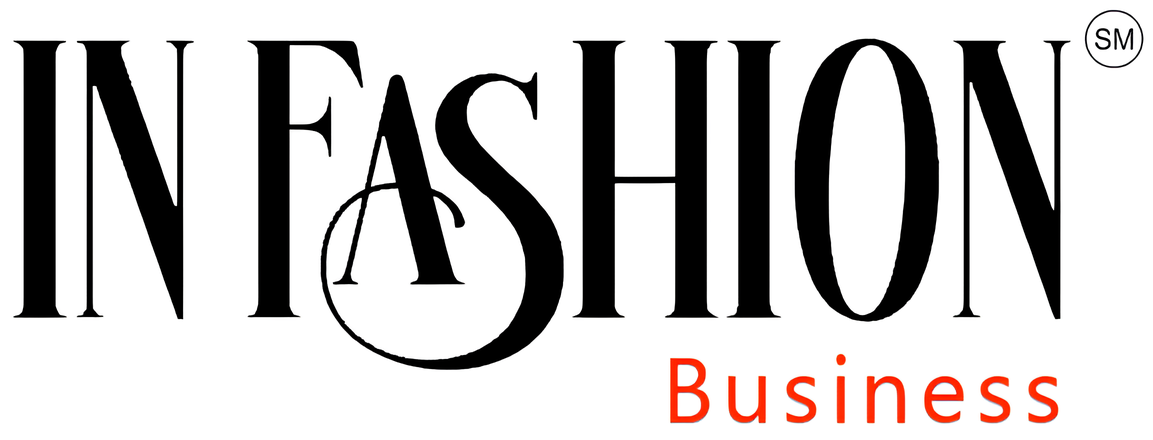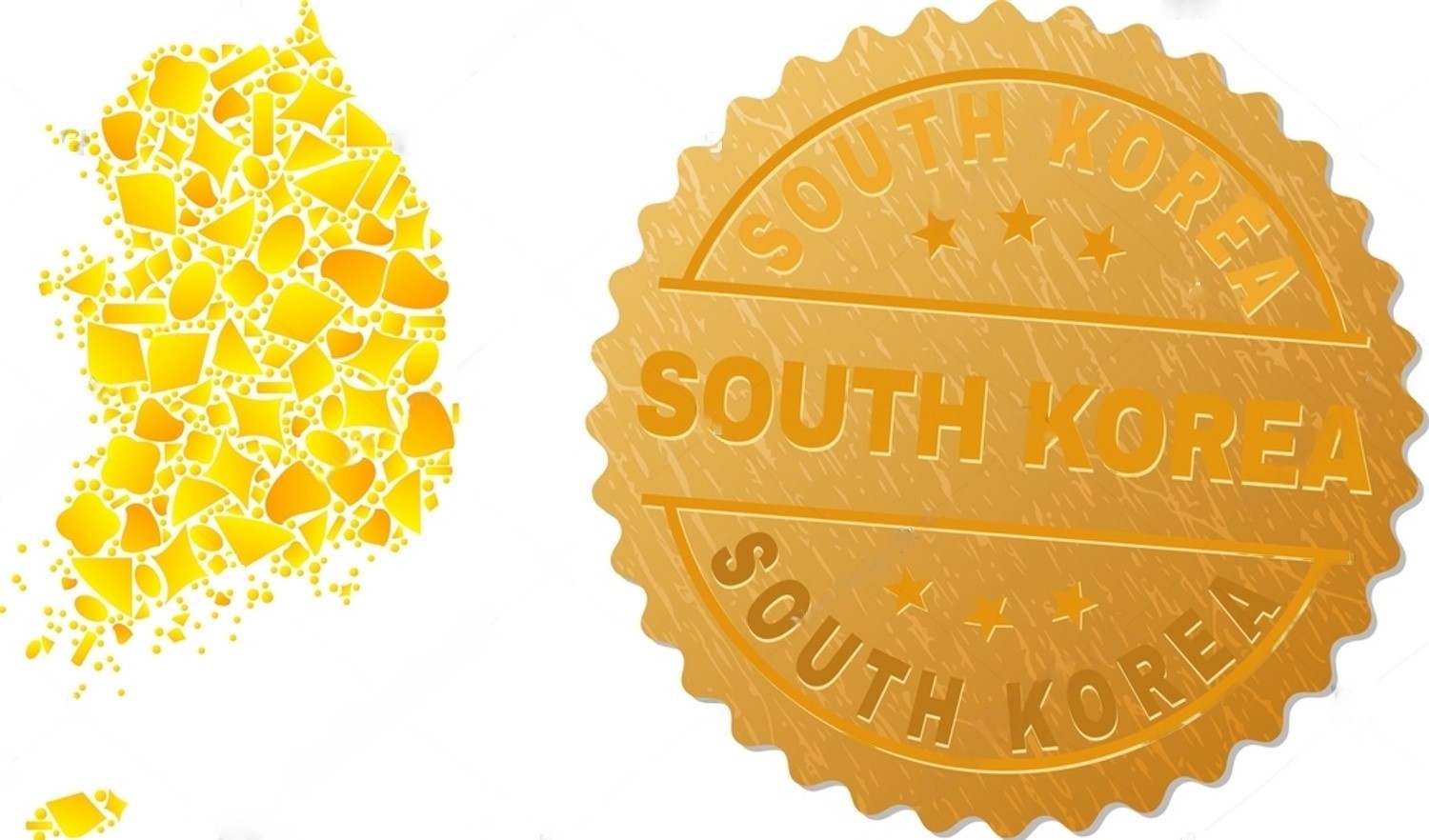SOUTH KOREA LUXURY KOREAN LUXURY MARKET LUXURY CONSUMPTION LUXURY BRANDS AFFLUENT CONSUMERS RISING ECONOMY LUXURY GOODS KOREAN CELEBRITIES ONLINE SHOPPING LUXURYRETAIL FASHIONTRENDS BEAUTY INDUSTRY INFLUENCER MARKETING POPCULTURE HIGH END FAS NATIONAL
NEW DELHI, INDIA
By IFAB MEDIA - NEWS BUREAU - July 7, 2023 | 975 15 minutes read
By Abhay Gupta, Founder & CEO, Luxury Connect & Luxury Connect Business School
The South Korea luxury market has witnessed remarkable growth and emerged as a significant player in the global luxury industry. Fueled by a combination of factors, including a thriving economy, evolving consumer preferences, and the widespread influence of the Hallyu Wave, South Korea has become a hotbed for luxury consumption.
In the recent past, Korea has been in the centre of global entertainment, music, culture and luxury consumption. The frenzy evolved to a level that not only did most luxury brands adopt to appointing Korean celebrities as their global brand ambassadors, but top names like first a Louis Vuitton and now a Gucci announced their shows to be held at cultural hubs of Seoul in South Korea.
So what really is behind this build up?
A quick flash back check into Korean history reveals a few interesting pointers on how this all evolved over the years. In the early 20th Century, Koreans were officially introduced to the western world and their ways of living. Prior to this, almost all Koreans wore their traditional Hanbok clothing. Nowadays, it is only worn on special occasions or anniversaries. It is a formal wear and many Koreans keep a hanbok for such occasions. Post the end of the Korean war in 1953, western contemporary fashion gained momentum. Most South Koreans started adopting styles influenced by U.S.A. Contemporary fashion movement gained momentum with newer hairstyles like crimped hair, the popularity of the swimsuit, and brighter makeup options influenced mainly by the USA.
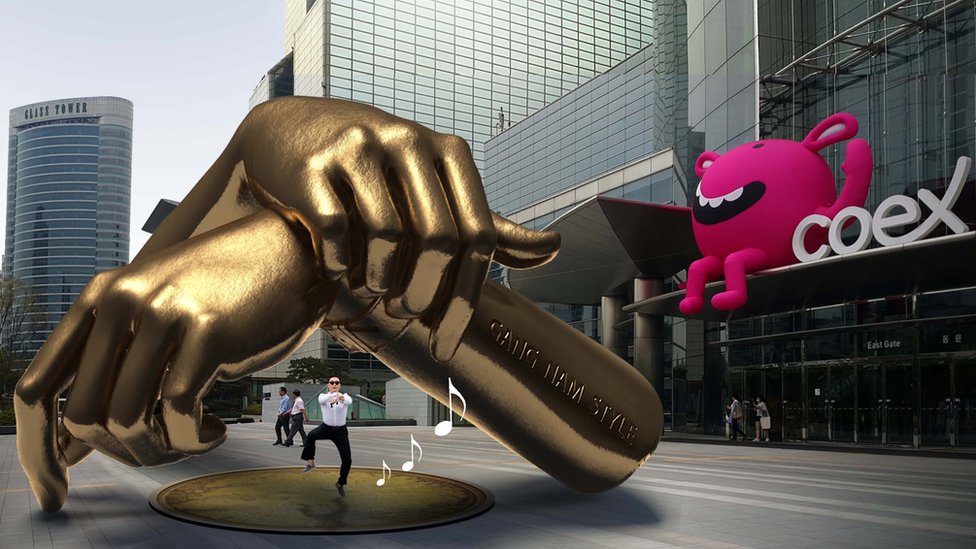
This statue in Gangnam-gu district in Seoul, South Korea, gives a tribute to the incredibly popular namesake song by PSY
In parallel, through the 1960s and 70s, with the growth of Korean broadcasting companies, Korean drama genre rose in popularity. The showings on colour television in 1981 added another dimension. In the 1990s and 2000s, youth-oriented, soap-opera style Korean dramas took hold, and pushed the Korean drama genre into the international sphere.
In the 1990s, Korean pop musicians incorporated partially Europop and mostly American popular music styles such as hip hop, rock, jazz, and electronic dance in their music. K pop began to emerge as a significant influencing force. In 1992, the emergence of Seo Taiji & Boys marked a revolutionary moment in the history of K-pop.
It was only in 2012 that PSY's mega popular song 'Gangnam Style' got recognized throughout the world. This perhaps is the single most contributing factor in raising the influence of Korean culture to much higher proportions globally. And then in 2013, BTS debuted with their first-ever single, “No More Dream.” Rest they say is Korean history !
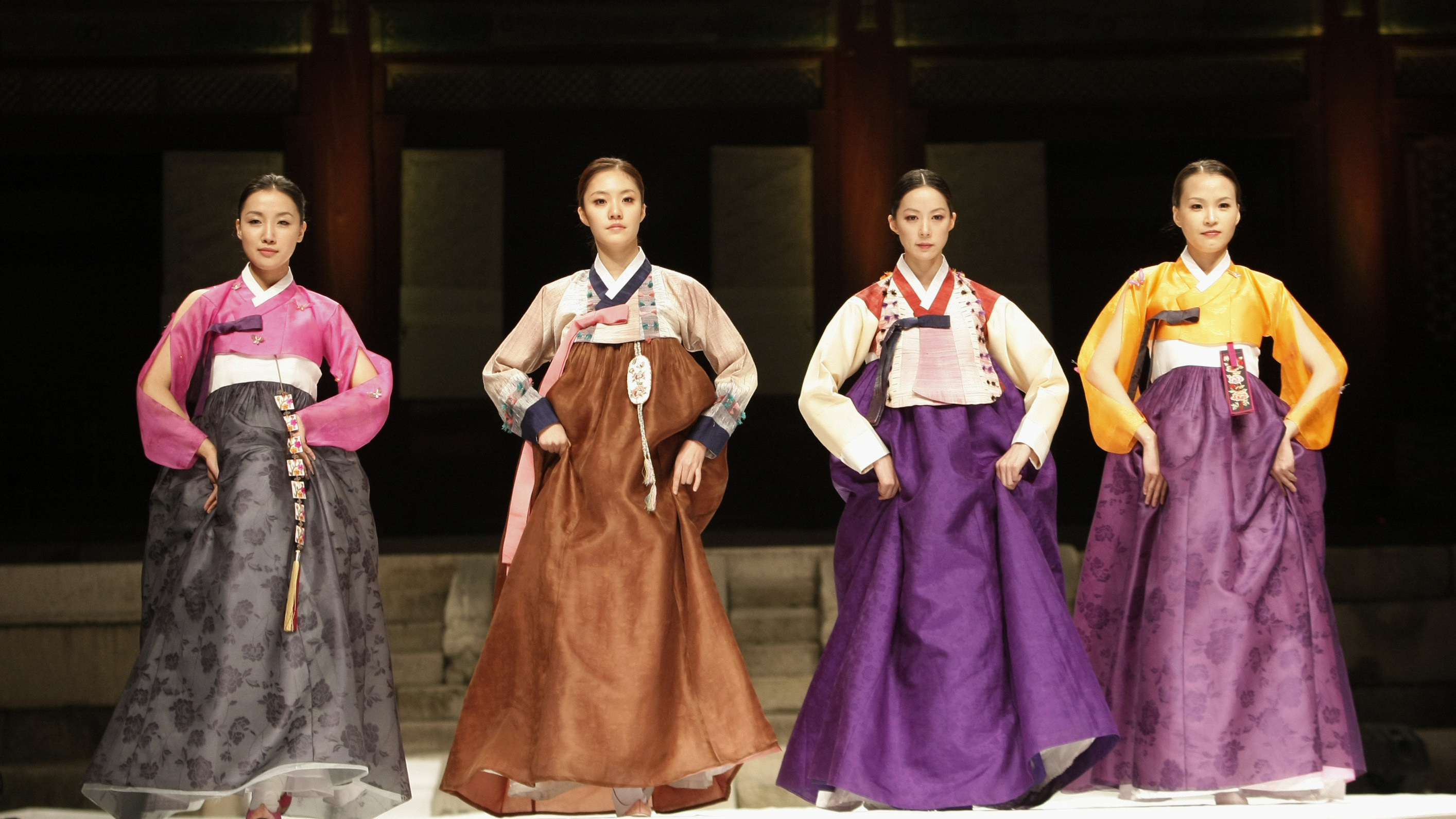
The traditional Hanbok clothing worn by Korean women - now on rare occasions only
Soon a wave of Korean influenced drama’s and music went viral. The Pandemic played a major role in the spread of the ‘Korean wave’ when locked into their homes, people discovered popular dramas like Squid Games amongst others. Though K-dramas have recently taken off in the western world, they’ve been popular in Asia for years. In fact, K-dramas have long been one of the key drivers of the Korean Wave, or “Hallyu,” a term believed to have been first coined in the 1990s to refer to the growing popularity of K-dramas, K-pop, and other Korean cultural exports. Since then, the Korean Wave has rapidly spread to all corners of the globe.
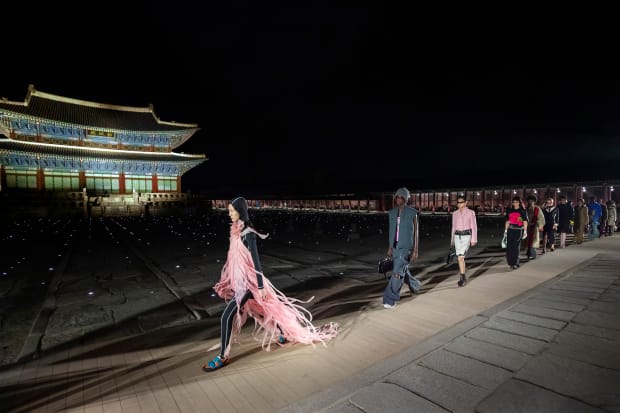
South Korea’s Love affair with Western Luxury Over the past few years, Seoul has emerged as Asia’s trendsetter in the fashion, movie and beauty industries. Television dramas, singers and actresses have revamped the country’s image into a glamorous destination. The country first opened up its market for luxury imports in the late 1980s. Luxury fashion brands from countries like Italy, France and UK rapidly gained popularity among consumers in their 40s and above to drive the first boom of luxury consumption. Louis Vuitton, Hermes and Chanel were amongst the first to open boutiques in Seoul during 1990s. The traditional designs and high price tags did not do much to attract young Koreans then.

The second wave of luxury consumption accelerated in the 2000s when the middle class consumer took to luxury consumption. However, it was only since 2015 when these high-end brands have been successful in targeting Korean consumers in their 20s and 30s with revamped designs and new marketing strategies, making good use out of their online stores.
And now, the post pandemic boom is driving the third wave of luxury into the country. Sales of global brands like LV, Gucci, Channel etc saw a resilient demand during and post covid. In 2022, Korea, the worlds 10th largest economy, saw its luxury market grow by 24% on a YOY basis to $16.8 billion, ranking 7th in terms of global luxury sales. South Koreans’ luxury spending has already exceeded that of Americans and Chinese. According to Morgan Stanley, Korea's per-capita spending on European luxury goods was tallied at $325 last year, the highest in the world. Americans spent $280 per person and China $55.
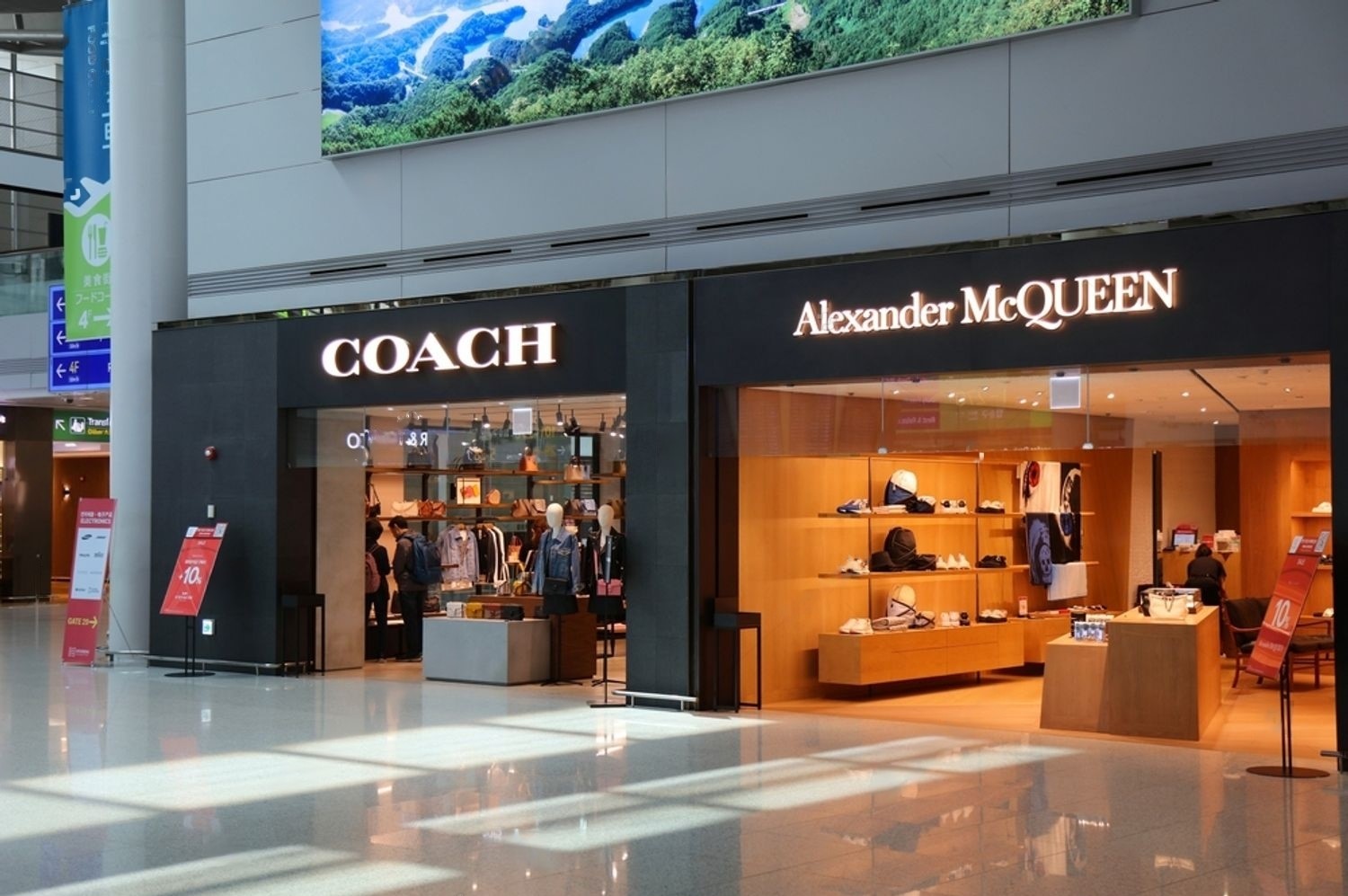
According to I1 Sole 24 Ore, an Italian media outlet, exports of Italian luxury goods to south Korea saw a rise of 4.4% in 2022. Leather products, shoes, fashion apparel and jewellery mainly contributed to this rise in demand. Most Koreans were willing to wait in line for hours, rain or shine, to enter the shops and get their hands on these items, Taking advantage of this undying demand, Chanel hiked the prices four times in 2022 and Louis Vuitton twice. Higher price tags did little to discourage Koreans interested in French luxury goods. On the contrary, this price rise may have even actually encouraged sales.
Luxury Brands riding the Korean Wave
Korean dramas, K-Pop, films, online games, K-Beauty, and food are all part of the “Hallyu wave” and are widely recognised. Due to the global success of Korean entertainment like boy-group BTS, primarily European luxury brands have recognised the lucrative potential of these groups as global brand ambassadors. BOF states: “As South Korean pop music becomes an increasingly global obsession, and as luxury megabrands sign more and more deals with its leading stars, K-pop groups’ fanatical young followers have become a fixture.”
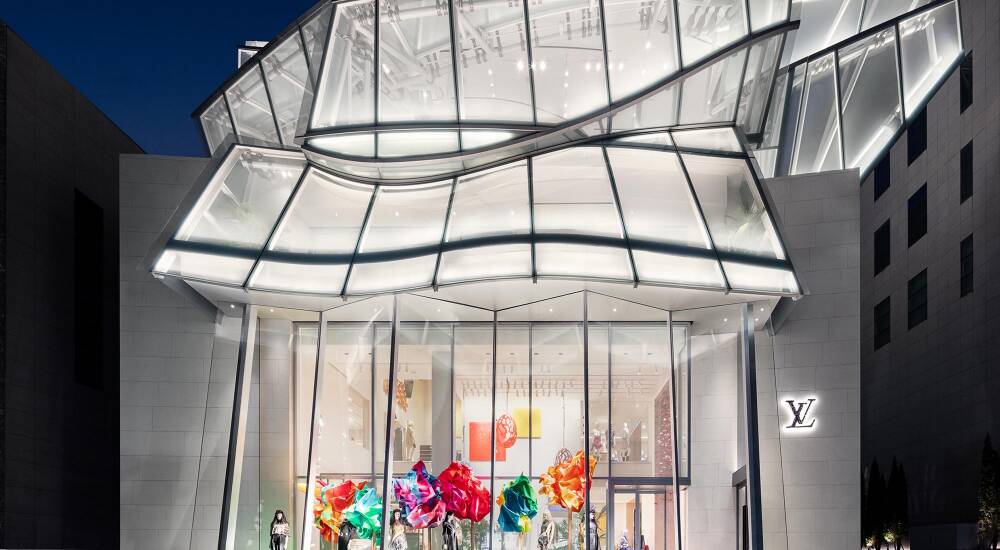
The Frank Gehry designed Louis Vuitton store that opened in Seoul in 2019
The Cultural relevancy angle
As a natural extension to above developments, 2023, seems to be a year where luxury brands wish to further connect with the Korean youth using not only the Korean wave but also showcase relevancy by creating run ways at Korean heritage sites. Seoul is emerging as the new venue for fight for pride.
Louis Vuitton showcased its pre-fall women’s 2023 collection at the Jamsugyo Bridge over the Han River on April 29, 2023.
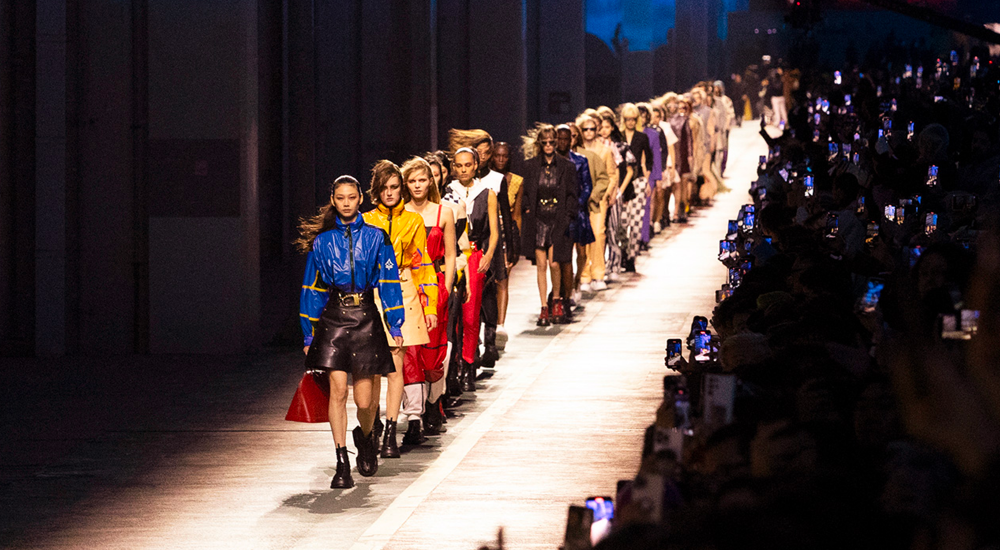
Louis Vuitton Pre-Fall Women's 2023 collection presentation that was held in Seoul, South Korea
Likewise, Gucci, in order to honour their 25-year-long prosperous run since their first store opened in 1998, the House conducted their Cruise 2024 fashion show in Seoul, South Korea against the majestic backdrop of the city's historic and cultural landmark, the Gyeongbokgung Palace, on May 16.
“We will work as a cultural mission of South Korea to spread the historical value and the beauty of Gyeongbokgung through our fashion show,” said Gucci, which has pledged to support a project at the historical site aimed at improving visitor experience. The Italian fashion house had announced a three-year commitment to supporting the conservation and restoration of Gyeongbokgung.
To Conclude
South Korea has indeed become a significant market for luxury brands in recent years. Several factors contribute to the favourable situation for luxury brands in the country, encompassing its robust economy, unique cultural preferences, evolving political landscape, and discerning consumers.
- Strong Economy: South Korea boasts a thriving economy characterized by high income levels and a large middle class. The country has experienced rapid economic growth, which has led to increased disposable income among its citizens. This rise in affluence has created a strong consumer base capable of affording luxury goods.
- Rising Fashion and Beauty Industry: South Korea has emerged as a global trendsetter in the fashion and beauty industry, with the concept of "K-beauty" and Korean fashion gaining immense popularity worldwide. Korean celebrities and influencers have a significant influence on fashion trends, and this fascination with style and aesthetics contributes to the demand for luxury brands.
- Technologically Savvy Consumers: South Koreans are known for their tech-savviness and early adoption of new technologies. E-commerce and digital platforms have flourished in the country, allowing luxury brands to connect with consumers online and offer personalized shopping experiences. The tech-forward nature of South Korean consumers aligns well with the digital strategies employed by luxury brands.
- Pop Culture and Hallyu Wave: South Korea's pop culture, commonly referred to as the "Hallyu Wave," has spread globally, garnering immense attention and followers. K-dramas, K-pop music, and Korean movies have generated significant interest in Korean lifestyle and products, including luxury brands. This cultural phenomenon has influenced the perception of luxury brands, making them highly desirable among fans of Korean pop culture.
-
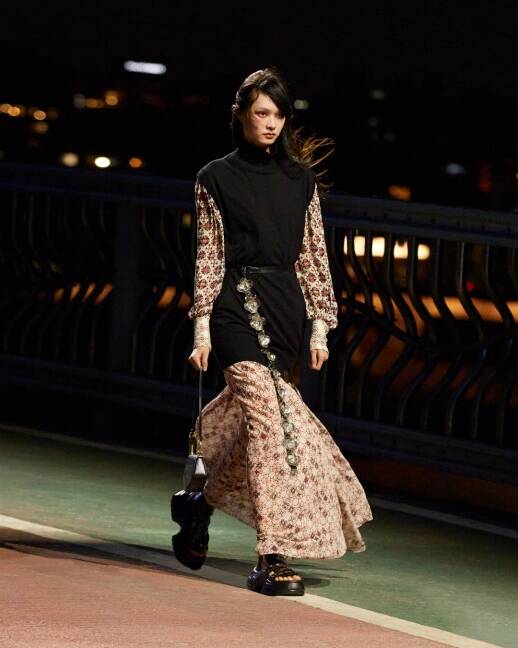

- Social Media and Influencer Marketing: South Korea has a vibrant social media landscape, and influencers play a crucial role in shaping consumer behavior. Influencers and celebrities in the country often collaborate with luxury brands, showcasing their products to millions of followers. This influencer marketing approach effectively reaches the target audience and creates a sense of aspiration and desirability.
- Political Stability and Intellectual Property Protection: South Korea benefits from a stable political environment and strong intellectual property protection laws. Luxury brands value countries with stable governments and robust legal frameworks to safeguard their trademarks and designs. The presence of favorable conditions for protecting intellectual property rights contributes to attracting luxury brands to invest in the country.
- Discerning Consumers: South Korean consumers have a reputation for being discerning and highly selective about the products they purchase. They prioritize quality, craftsmanship, and exclusivity, which aligns with the values and offerings of luxury brands. This demand for high-end products ensures a receptive market for luxury brands in South Korea.
Overall, the convergence of South Korea's strong economy, fashion-forward culture, digitally savvy consumers, influential pop culture, stable political environment, and discerning consumer preferences creates a favorable situation for luxury brands. As South Korea continues to flourish economically and exert its cultural influence globally, luxury brands are likely to find significant growth opportunities in the country in the near future.
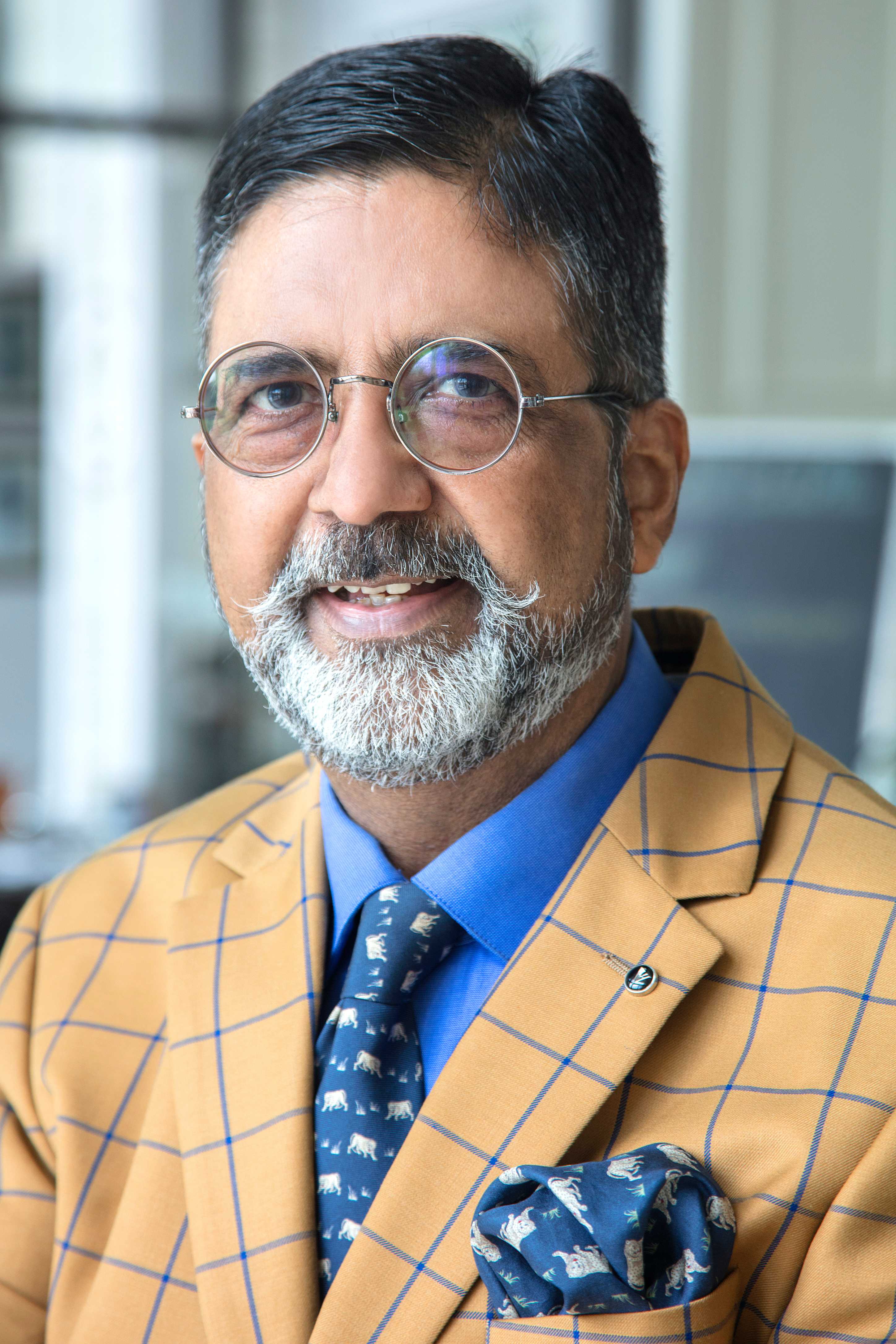 |
|
Luxury Connect Since its inception in 2012, Luxury Connect as a knowledge-based organization has cemented its reputation by consistently delivering tangible results for its clients. Today, Luxury Connect is widely accepted as the foremost ‘go to’ organization for any kind of luxury related strategy, compliance and or operational challenges. Having delivered innovative tailor-made solutions across sectors of fashion, watches, jewelry, automobiles, real estate, travel & hospitality etc., Luxury Connect enjoys a client list that runs across the best of best brands operating in the HNI domain. Envisioned and led by Abhay Gupta, an internationally acclaimed and rewarded Luxury Icon, Luxury Connect delivers consistent value to its clients utilizing years of experience of the best brains in the luxury consulting world. Acting as an everyday coach cum business partner, Luxury Connect helps clients evaluate and capitalize on market opportunities to deliver best tangible results.


